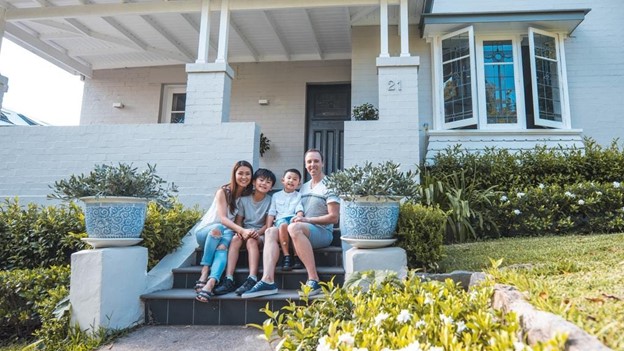
For many people, owning a home is a lifelong dream. However, for some, the road to homeownership can be difficult due to financial constraints, credit issues, or other factors. That’s where Rent to Own comes in. Rent to Own in Alberta is a popular option for those who want to own a home but are struggling to qualify for a mortgage or come up with a down payment. In this blog, we’ll discuss how Rent to Own works in Alberta and whether it’s the right option for you.
Rent to Own is an agreement between a landlord and tenant that allows the tenant to rent the property with the option to buy it later. The tenant pays an upfront fee, known as the option fee, which gives them the right to purchase the property at a set price within a specific timeframe, typically one to three years.
In addition to the option fee, a portion of the monthly rent payments is often credited towards the purchase price, which helps the tenant build equity in the property over time.
This arrangement can be beneficial for tenants who may not currently have the financial means\ to make a full purchase but plan to do so in the near future. It also allows them to live in and experience the property before committing to a purchase. Rent-to-own agreements are commonly used in real estate but can also apply to other items such as furniture, appliances, and electronics. The specific terms of these agreements, including the option fee, rent credits, and purchase price, are typically negotiable and should be clearly outlined in the contract.
The rent to own program in Alberta agreements are legal and enforceable, but they must comply with the Residential Tenancies Act (RTA). The RTA sets out specific requirements for rent to own agreements, such as the option fee cannot exceed 4.9% of the property’s value, and the landlord must provide written notice of the tenant’s rights and obligations under the agreement. The rent to own program typically lasts between 1 and 5 years during which you can choose to use your rent credit to purchase the property. Rent to own homes are usually difficult to find, but you can get help from a real estate professional.

Rent to Own in Alberta can be a great option for those who want to own a home but are struggling to qualify for a mortgage or come up with a down payment.
This can be a really great option for people who have bad credit, low income or not enough money to pay for the various upfront costs associated with purchasing a home.
It allows you to lock in a purchase price and build equity while you rent, giving you time to improve your credit or save for a down payment. However, Rent to Own agreements can be complex, and it’s essential to work with a reputable landlord and a lawyer who is knowledgeable about Rent to Own agreements.
When considering Rent to Own, it’s essential to factor in the options fee and the purchase price, as well as any rent premiums, which are additional payments made on top of the rent and can be applied towards the down payment. It’s also important to have a plan in place for financing the purchase when the option period ends.
Rent to Own in Alberta can be a viable option for those who want to own a home but are struggling to qualify for a mortgage or come up with a down payment. It’s important to understand the legal requirements and work with a reputable landlord and a lawyer who is knowledgeable about Rent to Own agreements. By doing so, you can make an informed decision that sets you on the path to homeownership.
Rent-to-own can be a good option in Canada, depending on individual circumstances and the agreement’s terms. It offers a path to homeownership for those who can’t currently qualify for a mortgage or lack a down payment.
A portion of the rent may go towards the future purchase, helping tenants build equity. The purchase price is set at the start, which can be beneficial in a rising market. It also allows tenants to live and evaluate the home before committing.
However, there are disadvantages. The option fee and possibly higher rent can be significant, and if the tenant decides not to buy, they might lose these payments, and property values may decline, leading to overpayment.
Rent-to-own agreements can be complex and require legal advice to understand terms, and tenants may have to handle maintenance and repairs.
In Canada, the real estate market varies by region. Hot markets like Toronto or Vancouver may make rent-to-own more appealing, while slower markets might be less advantageous. Provincial and municipal regulations also vary, so consulting a real estate lawyer is important. Ensuring you can meet the agreement terms and secure financing later is crucial.
In Alberta, closing costs and title transfer for rent-to-own agreements generally occur at the time when the tenant exercises their option to purchase the property. Here’s a brief outline of the process:
The specific timing and details of these steps can vary depending on the terms of the rent-to-own agreement. It’s essential for both parties to have a clear and detailed contract outlining the responsibilities and costs involved. Consulting with a real estate lawyer in Alberta can provide additional guidance and ensure the process goes smoothly.
Hi! I’m Erin Crocker. I’m a real estate lawyer with over 10 years of experience in Alberta and British Columbia real estate law. I love technology and efficiency. I’m on a mission to create a modern, digital closing experience for buyers and sellers through technology, transparency and sharing knowledge.